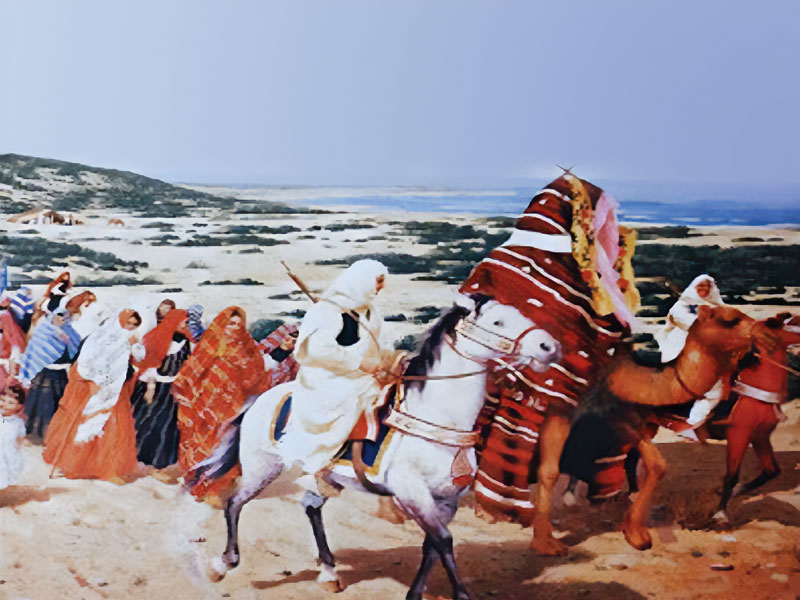Vernacular Poetry in Libya: Art, Culture and History
Issue 20

Poetry reflects the highest creativity, particularly when it is accessible to people and in their spoken language. When poetry is composed in a people’s vernacular, it sounds more familiar and is therefore more touching.
Vernacular poetry conveys a message when it faithfully describes the different aspects of people’s lives with themes, rhymes and intonation that is easy to learn by heart. In this instance, poetry becomes an important oral tradition with great historical value that can take various forms, and be passed down through the generations.
Dialect is a main component of vernacular poetry, because of its potential to evoke emotions and create images.
Vernacular poetry is the people’s literature; it is an important form of expression that describes various dimensions of the human experience.
The East Libyan dialect is very close to Standard Arabic, and this gives it significant expressive potential. When we examine the vernacular poems of Eastern Libya, we recognize that many Standard Arabic words are used without any phonetic or lexical alteration; these words are used in everyday situations in Libya.
The following points are made in the paper:
• Vernacular poetry plays an important historical role in Libya.
• Vernacular poetry has played a leading role in Libya’s literary movement throughout the country’s history.
• This poetry relates tales of suffering that would otherwise have been forgotten.
• Vernacular poetry can be likened to a traveling art gallery with magnificent paintings that are created in the imagination of the reader or listener.
• The poetry reflects the ingenuity of the poets, who use very expressive images and connotations.
Sulaiman Hassan Zaydan
Libya



































































